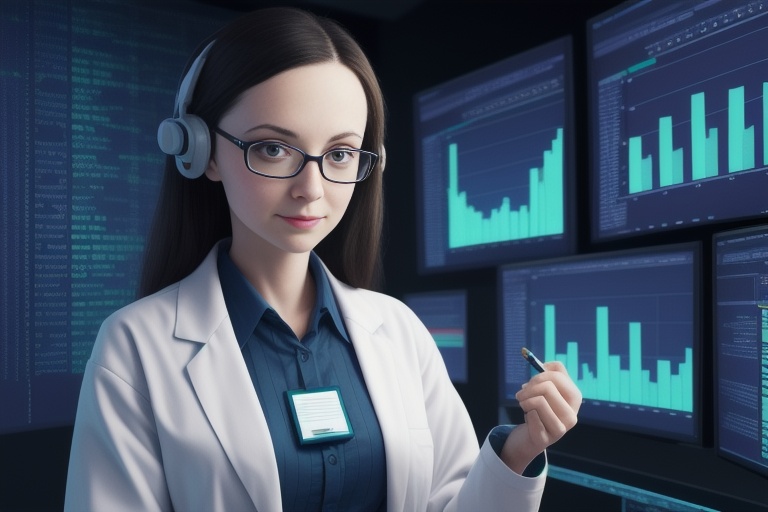The rapid advancement of artificial intelligence and machine learning has opened up a Pandora's box of questions surrounding the future of content creation. As algorithms grow increasingly sophisticated, generating anything from picturesque landscapes to entire novels, the controversy surrounding the ownership of such content intensifies. At the heart of the debate rests a core conundrum: If a machine crafts content, who, if anyone, holds the rights to it?
The rapid advancement of artificial intelligence and machine learning has opened up a Pandora's box of questions surrounding the future of content creation. As algorithms grow increasingly sophisticated, generating anything from picturesque landscapes to entire novels, the controversy surrounding the ownership of such content intensifies. At the heart of the debate rests a core conundrum: If a machine crafts content, who, if anyone, holds the rights to it?
Legal Perspectives on AI Content Ownership
Within the realm of law, the issue is clear-cut on one front—machines lack the legal capacity to own their creations. This means that AI programs like ChatGPT hold no rights over the text they produce. But simplicity ends there. The ownership debate is polarized between two main entities: the organizations that develop AI tools, such as OpenAI, and the individuals who interact with these tools to produce content.
Take a scenario where an individual uses an AI to craft a paragraph for publication. They contend ownership over the output. At the same time, the organization owning the AI's algorithms could claim their proprietary technology is integral to the creation, therefore asserting their rights. Should these claims come to a head, only a legal battle could determine the victor, and with no established precedent, the outcome is anything but certain.
Ethical Implications in Content Generation
Beyond the legalities, there's a pressing ethical dimension to the conversation. Artists have sounded the alarm on AI applications that replicate their unique styles, producing artwork without direct human involvement or acknowledgment. This not only brings into question the value of original human creativity but also illustrates how AI-generated content can seemingly diminish the artists' livelihoods by redirecting recognition and potentially financial rewards to AI developers instead of the original creators.
The quandary stretches into academic circles. Students turning in papers crafted by an AI are scrutinized for ethical integrity. While technically the essay may be original, it didn't originate from the student's mind. If they didn't write it, can they in good conscience take credit for it? Many educators think not, likening this to a modern form of plagiarism.
AI-generated novels present another ethical conundrum. They force us to ask difficult questions about authorship and contribution. When a machine outputs a novel, can an individual who merely prompted the AI truly call themselves the author?
Striking a Balance
The solution seems to lie not in outright rejecting the idea of AI-assisted creation but rather in crafting a synergy between machine intelligence and human creativity. As creators and technologists, the charge is to develop AI tools that not only respect but also enhance human ingenuity, potentially even safeguarding the individual style and intellectual property of human artists.
The absence of copyright protection for AI-generated content opens up industries such as art and academia to legitimate risks of infringement and loss of authenticity. Addressing this grey area is paramount, as AI's capabilities will only continue to expand. Balancing the scales between AI contributions and human creativity will be critical to preserve the intrinsic value of original thought and craftsmanship.
The Broader Impact
The implications of AI-generated content ownership bleed into various sectors of society, prompting a reevaluation of the role AI should play in our lives. The ongoing contention between artificial and authentic contributions brings to the forefront a broader conversation about the place of AI in a world that values human originality and effort.
In sum, the path forward is not simply through legislation or philosophical musings but through a concerted effort to integrate AI into society in a way that honors and uplifts human creativity. As this technology continues to mature, striking a delicate but definitive balance between machine-generated content and human imagination will be one of our most significant challenges.
Information for this article was gathered from the following source.




